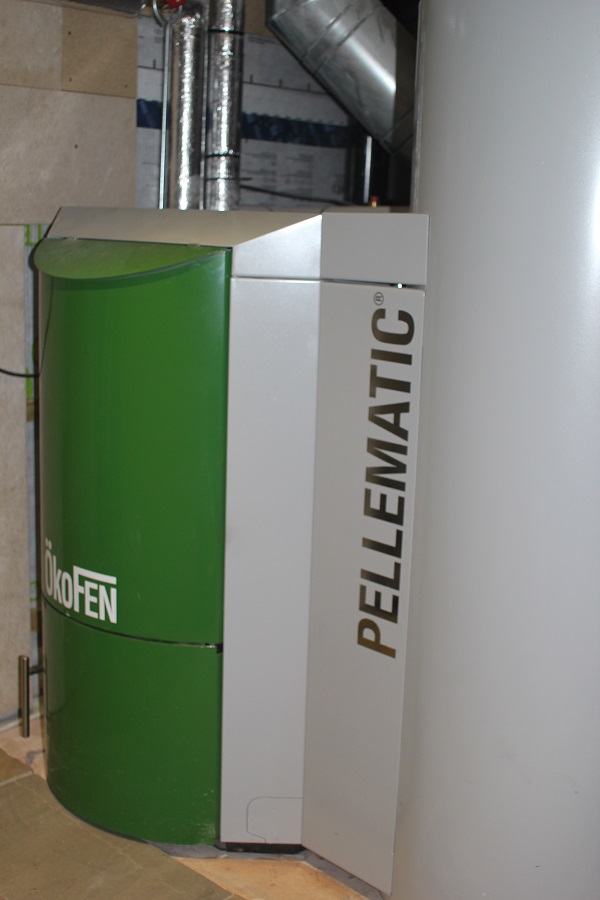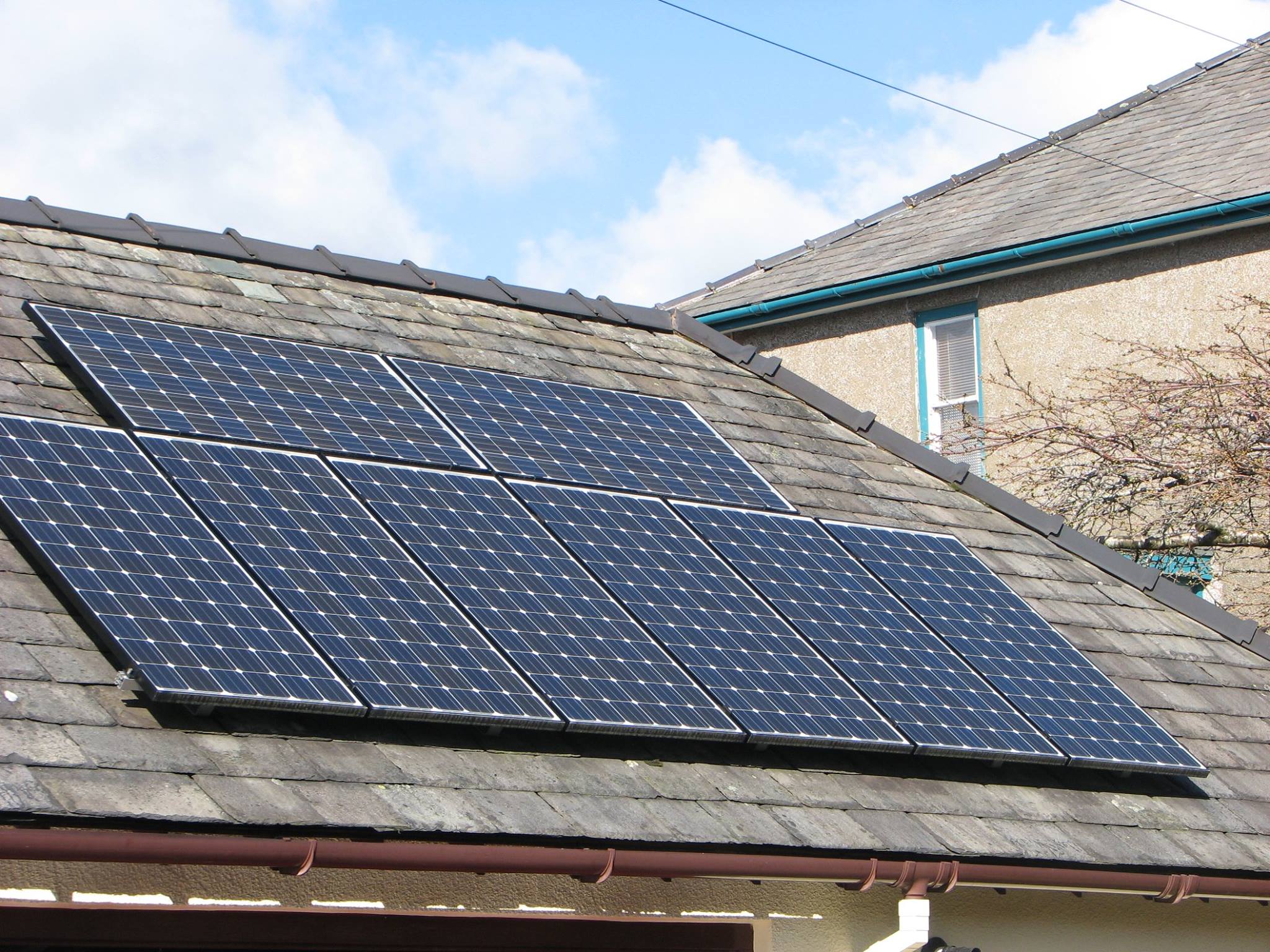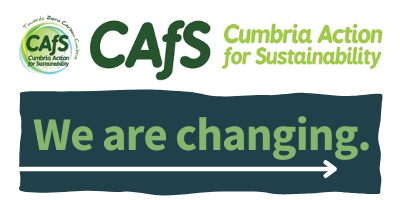A renewable energy heating system instead of oil or gas heating will slice a serious chunk off your carbon footprint.
Around a quarter of your household’s greenhouse gas emissions comes from heating your house and electricity, if you’re not using renewables. That’s why CAfS focuses so much on renewable heating solutions and helping people to save energy at home.
Eco friendly home heating systems
 There are three main options for renewable energy heating systems. The one you choose will depend a lot on your site and your budget.
There are three main options for renewable energy heating systems. The one you choose will depend a lot on your site and your budget.
We’ll give you a brief overview here, but we recommend the Energy Saving Trust website as a great starting point to find out more. Once you’ve read up, we suggest asking a few installers to visit your site and advise on the best options for you.
Main alternatives to an oil or gas boiler for heating your home and water:
- Ground-source heat pump
- Air-source heat pump
- Biomass (wood-fuelled) systems (including biomass boilers and wood-burning stoves with a back boiler)
Other options:
A water-source heat pump might be a possibility if your home is beside a river or lake.
You can make the above options even more efficient by adding a solar thermal system, which will heat some of your water using solar power. A thermal store can also save more energy, by storing excess heat.
We should also mention district heating schemes, although they’re generally set up for a group of houses rather than a single home. It’s where you capture heat produced by a local manufacturing plant, for example, and use it to heat nearby homes. You can download our factsheet about district heating schemes below. We produced it in 2012, so it’s a bit out of date but it’ll give you an overview, along with two examples in Cumbria:
How to choose a renewable energy heating system
Your site and budget will typically dictate which option you go for, in our experience.
For example, for a ground-source heat pump you’ll need enough land to lay the coils that extract heat from the ground. Otherwise, you’re looking at drilling holes vertically into the ground, which is expensive.
Meanwhile, a biomass boiler for the average family home is generally much larger than an oil or gas boiler, so space might be a consideration.
There are other things to consider as well.
Heat pumps use more electricity than a biomass boiler, for example. To keep your carbon footprint down, you could opt for a renewables-only tariff.
Check for greener tariffs now >>
You’ll also want to weigh up the government subsidies for each type of renewable, to understand what the final cost of each system will be. The subsidy for biomass, heat pumps and solar thermal is called the Renewable Heat Incentive (RHI), giving you quarterly cash payments for seven years.
Read about RHI on the Energy Saving Trust website >>
Need help to work out the best system for you?
CAfS can arrange a comprehensive audit of your home, to identify which renewables for heating and power would be feasible for your home.
Our audits are very tailorable to your needs, and can look at:
- Renewables
- Energy efficiency
- Extreme weather resilience (including flood)
Or read our January 2021 study on the user experience of heat pumps below
How to generate electricity at home
 Generating your own electricity is a common way to cut your carbon footprint and your energy bills. The main options are:
Generating your own electricity is a common way to cut your carbon footprint and your energy bills. The main options are:
Another option is hydro power, but it’s less common. You’d need to have access to a water course that has the right conditions for a hydro turbine, which isn’t the case for most homes. It’s worth looking into hydro power if you have a river on your land with a good flow and a drop in height over a fairly short distance, though.
Questions about solar PV?
Watch this webinar to delve deeper and to hear questions from our audience. We also hear from a homeowner in Ambleside who has recently had solar PV installed with support from the Solar Made Easy project.
Renewables for the home – webinar
Confused about all the various renewable energy options for your home? Want some help to weigh up the pros and cons of different technologies for your situation? This free online talk with a panel of experts was recorded in 2021. It goes through the details of a range of popular renewables, what they do and how they suit individual homes and lifestyles. You’ll also hear about the grants and other funding options that are available for installation and maintenance costs.

